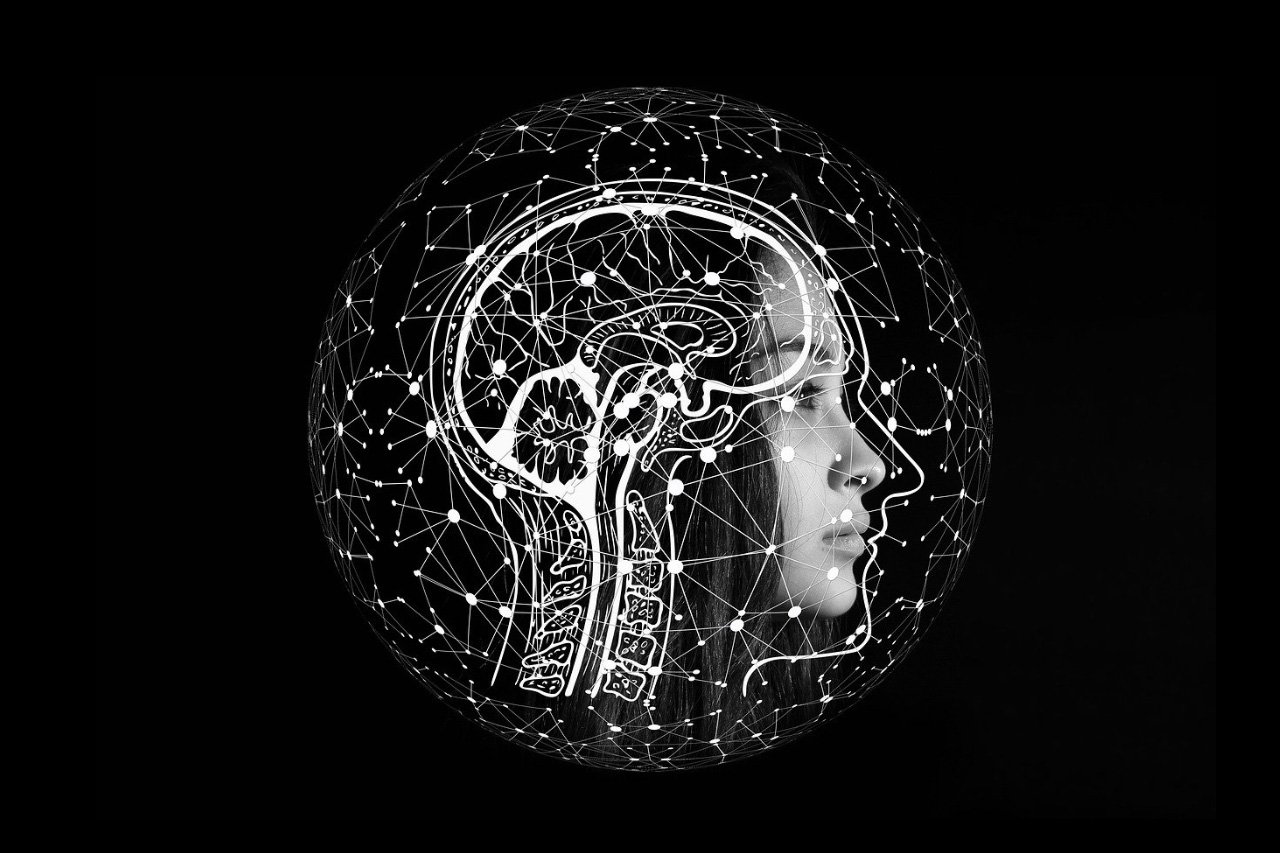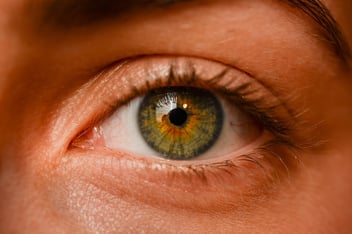Think Hard, and How to Tell When You Might Be Wrong

My high school teachers will attest, I demonstrated no particular aptitude for science. At least, not as they presented it, per the NZ educational curriculum.
And yet, as time’s gone by — when it’s become meaningful — I’ve learned a huge amount about genetics, biology, psychology, and the scientific process.
I live rurally, so I know a fair bit about weather — because it’s important day-to-day. Dry conditions mean fire risk. Very wet conditions mean flood risk. I’ve avoided fire to date, though I’ve been up to my neck in flood water.
Neither is ideal.
I own and breed horses, and seasonal weather conditions directly affect what feed you have available during growing season, and how much feed you need to stockpile to get through winter.
Get that wrong, and the best case scenario is very expensive. The worst is running out of feed, which comes with dire consequences. That kind of stark dichotomy tends to focus the mind.
Whilst my teachers may not have been sure if I could spell photosynthesis, we all get to see it in action, every single day. We know warmer conditions are better for growing, because we see plants, trees and grass grow better when it’s warm. We know our planet, and all the species it hosts, are adaptable, because they have adapted over millennia. Those that have not adapted, have not survived. Those who have adapted, are right here, right now.
There’s something else we know. An equation we can truly get behind. The level of insistence that something is true in our current times — measured by volume of shrieking (or, more politely expressed, anger and agitation) — is directly proportionate to the absence of supporting evidence.
Science is not, and never has been, decided by how loudly and forcefully someone can advocate for an outcome. That’s politics.
Science is about repeatable outcomes. You create a hypothesis, test it, and form a conclusion. Then, people with every reason to want to prove you wrong, try to prove you wrong by coming up with a different outcome. If they can’t prove you wrong — because their outcomes match your outcomes — we’ve all moved forwards in our efforts to understand the world around us.
If they can prove you wrong, it’s time to refine your hypothesis. Without a repeatable and predictable outcome, it’s not science, but happenstance.
If your argument cannot withstand questions, it’s probably not true.
Or at least, not completely true in the way it's being expressed. There are lessons here for all of us.
For those seeking to understand — look for clarity and well-reasoned arguments that can withstand scrutiny.
For those negotiating the workplace — check that assumptions about motives are backed up with evidence.
For those absorbing political statements and media bulletins — look for the probing questions that are not being asked, or answered.
For all of us, ask — how does this look, from another perspective? What do those pushing an argument gain? What do you hope to gain?
Life, and knowledge are not zero-sum games. If it looks like a zero-sum argument, e.g. if you do this, that thing won’t happen, then you’re not thinking hard enough.
We’re living at a time when thinking is as important as it could possibly be — think hard.


